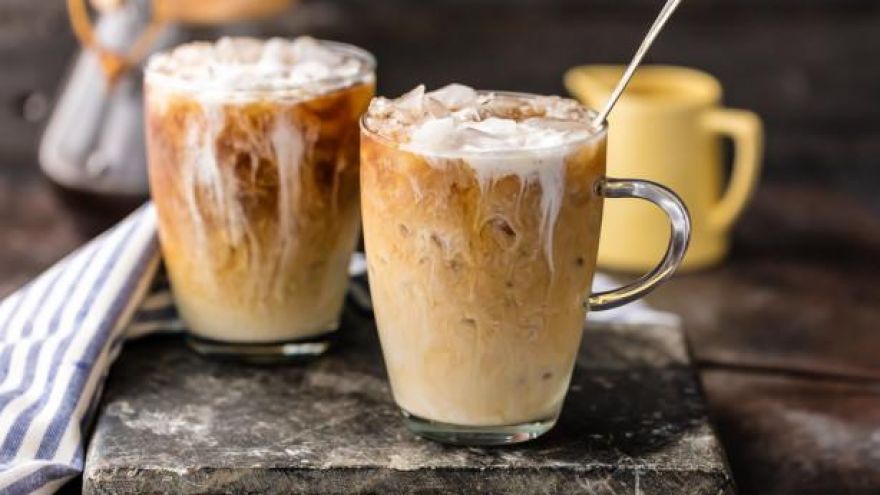From the aromatic kanata coffee section in a grocery store to a comfortable, local restaurant, various sorts, types, and preparations of espresso are available everywhere. New espresso businesses are showing on the scene constantly, and hundreds of brands are available. As a result of the numerous manufacturers, forms, and quality distinctions in beans, coffee connoisseurship has grown and become as refined a connoisseurship as wine connoisseurship. Coffee connoisseurs ultimately started marking the highest-quality coffees as “specialty coffee,” and an entire market came to be as much growers, roasters, and systems strove to make niche grade coffee.

You can find two major species of coffee: Arabica and Robusta. Just the utmost effective a huge number of Arabica coffee is sufficient to be considered specialty. These beans are developed at high altitudes (2,000-6,000 feet) close to the equator in a variety of countries. The farmers that grow specialty grade coffee do whatever they can to ensure that they develop the right bean; sets from land to the micro-climate of the location influences the merchandise and their flavor. Facilities that specialty coffee comes from are generally little family farms that get delight inside their beans production.
The espresso cherries are hand-picked when they reach their ripest point, and the cherries are hand-sorted, the beans taken off the cherries, and the beans dried. The beans are then provided for a roaster, who roasts them cautiously, taking small taste differences to the beans relying on how long they are roasted. The coffee is then packed and spread in its ultimate form as “niche coffee.”
To receive the popular tag of “specialty,” the coffee is ranked before it’s roasted, while it is still in the green beans stage. The standards for niche espresso are established by the Niche Espresso Association of America (SCAA), and the espresso is set up in a strictly regulated fashion to be reviewed for defects (such as broken beans, wrong beans, husks provide, or pods present). Number major flaws are permitted per taste of specialty coffee, and just five or less subprimary problems are allowed.
The beans are then roasting, and the espresso is “cupped” (or organized in cups allowing graders to scent and taste the coffee in a controlled environment to bring out taste nuances). The complete grading process determines whether beans are niche grade or a lower rank (lower grades are premium, exchange, below normal, or down grade). Because of the strict grading allowances and the slim growth environment demands, niche espresso is known as the “most readily useful of the greatest” coffee.
His roasting exploits renowned and his power to commentate, toast and released shoots concurrently are famous. His experiences while surviving in Indonesia had given him an affinity with farmers who became espresso, in addition to a thorough knowledge of the source, the place where espresso was grown. This background, combined with his enjoy of roasting, resulted in a place where espresso was not really a cup of Java, but something unique, living and with a story.
Traditionally the niche espresso industry has been created on the solid base of discussing knowledge and experience- with the supposition that by helping each other a will undoubtedly be strongly quality focused. However several the more new arrivals available in the market are probably choosing espresso for the perceived simple profits, rather than for an actual desire for coffee or their heritage. Consequently many of the standard methods of change are not as powerful, or applied as frequently while they have been around in the past.
The brand new areas will also be very suggestible to western branding- oftentimes the effectiveness of branding has been demonstrated to be much more essential compared to the solution itself. This gift suggestions a number of options to strong american manufacturers and of course new regional models to emerge. Nevertheless it generally does not necessarily equate to long-term longevity of specialty coffee in these new frontiers.
